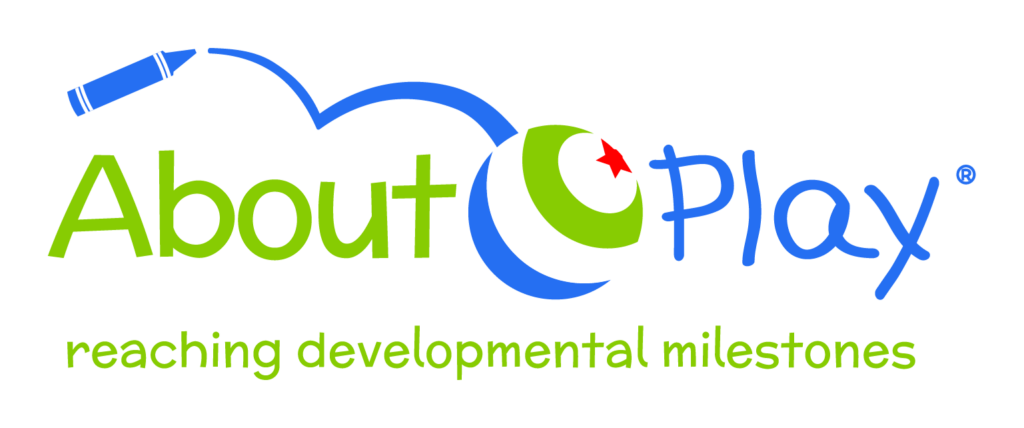Blog

What Are the Types of Early Intervention?
Early intervention can mean a lot of things, from helping your child play and grow to helping them learn to speak or move. In this article, we’ll explore ten of the different types of services associated with early intervention, what they involve, and how they could help your child and family.
10 Types of Early Intervention Services
1. Evaluations
2. Service Coordination/Case Management
3. Speech Therapy
4. Physical and Occupational Therapy
If your child hasn’t met key physical development milestones, they may benefit from physical and/or occupational therapy. The goal of physical therapy and occupational therapy is to help your child improve their small and fine motor skills so that they are able to explore and live in their environment independently. This could include things like flexibility, strength, posture, gait, sensory processing, balance, and coordination.
5. Infant Massage
6. Hearing and Vision Services
7. Nutrition Services
8. Nursing Services
9. Special Instruction/Family Training
Often, early intervention isn’t just about the child. We understand that if your child has a developmental delay or disability, your whole family can be affected in one way or another. Special instruction and family training takes those needs into account and provides you with the resources you need to take care of your child in the best way. For example, if your child struggles with speech or hearing, special instruction could help teach them and the rest of the family to communicate through sign language.
10. Support Groups
Every type of early intervention, from cognitive to speech and motor function, is supported through active play. No matter what kind of delay your child might be facing, About Play can help support their development with play and activities that help them learn and grow. Learn more about us by calling our team or contacting us online.




